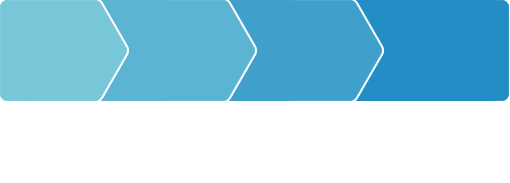All the products and brands of Coway ultimately aim to create values making the ‘environment healthy and humans happy.’ Particularly, values are put into every corner of the supply network from procurement of materials and parts to product sales in pursuit of Sustainability Management for happy customers and a healthy environment.
Value Creation Process
We develop and produce eco-friendly home appliances that make customers and the environment healthy. Our business models seek ways of minimizing customers’ initial purchasing costs and providing service regularly. Particularly, we provide customers with differentiated service through sales persons in similar age groups with customers (CODY, HP, BP). As a result, Coway maintains the superior position in the domestic market regarding market share, customer satisfaction, brand awareness, etc. As of the end of 2015, Coway secured about 5.77 million rental users and membership holders, the greatest asset and continued growth engine of Coway
Business Model

|
Input |

Financial
Capital |
Cash Available for Production
(Capital, liabilities, etc.)
- Total capital : KRW 1,209,911 million
- Asset : KRW 1,775,397 million
Output
With its differentiated product groups and rental business models, Coway has accomplished sales of KRW 2 trillion and 315.2 billion. Operating profits are KRW 463.3 billion, 27.1% more than in the previous year. The total amount of dividends in the year of 2015 is KRW 148,347 million, and the dividend per share is KRW 2,000
|

Manufactured
Capital |
Tangible assets for production
such as buildings, devices, etc
- Investment into production facilities : KRW 699, 511 million
- Expenses for raw material purchase : KRW 308.9 billion
Output
The total production capacity of Coway in utilization of production facilities increases every year. In 2015, 20,294,000 units of products(products: 2,170,000/ filters:18,124,000) in total were manufactured with the working ratio of 83.2%.
|

Human
Capital |
Talent abilities, experience, commitment, etc
- Education hours per head : 76.3 hours
- Average expense per FTF on education : KRW 1,090,387
- No. of employees : 4,780
- No. of human resources for sales and service : 18,600
Output
For five consecutive years including the year of 2015, Coway Won the Grand Prize at GWP Korea’s Top 100 Great Korean Workplaces.
|

Intellectual
Capital |
Intangible assets such as brands,
patents, know-how, etc
- Expense for R&D : KRW 34 billion(1.47% of total sales)
- No. of human resources for R&D : 368
- Re-establishment of brand strategies
Output
Coway owns 3,530 intellectual properties including 613 patents, 181 utility models, 1,998 brands and 738 designs. Coway was ranked the 32nd in Interbrand Best Korea Brand 2016 for its strategic brand management with intangible assets.
|

Social
Capital |
Relationships with stockholders such as
local communities, partners, etc
- No. of employee volunteers : 1,449
- Social contribution and donation : KRW 1.5 billion
- Purchase from local community partners : KRW 506.4 billion
Output
In 2015 volunteer work time per employee was 24.3 hours. 20 technical support and protective activities were conducted for suppliers.
|

Natural
Capital |
Natural environment, resources,
eco-system, etc
Output
With the Carbon Partnership established with suppliers, solar-light power generation facilities were supplied to two partners in 2015, producing electric power of 55,961KW internally and reducing 26 tons of greenhouse gas emissions. In addition, Coway has collected and recycled 6,353 ton of plastic wastes, establishing the resource virtuous circulation structure.
|
※ Based on the International Integrated Reporting Council’s(IIRC) of <IR> framework.











